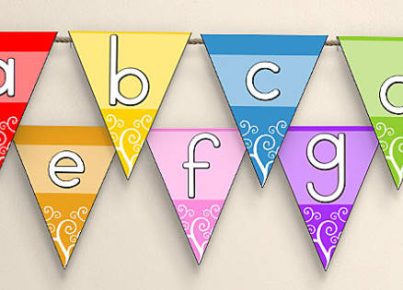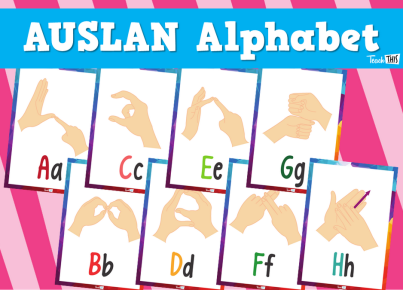This refers to the skill of assimilating information that is being transmitted. This is one of the first abilities children receive, and it even comes before expressive language. The inability to do this can seriously affect a student’s education. It involves gaining meaning and information from routines, visual information within the environment, sounds and words, written information, and concepts like sizes, shapes, colors, etc.
Receptive language is crucial in order to communicate successfully. Kids who’ve receptive language difficulties might find it challenging to follow instructions within the educational setting or at home and might not respond properly to requests and questions. Within the educational setting, difficulties in understanding lead to listening and attention difficulties and/or behavioral issues. As most activities require a sufficient understanding of language, it can also make it difficult for kids to access the curriculum or engage in the academic tasks or activities needed for their year level of school.
The building blocks essential to develop receptive language include:
Pre-language skills: The ways in which people communicate without utilizing words and include things such as facial expressions, gestures, eye contact, joint attention, and imitation.
Attention and concentration: Sustained effort, carrying out activities without distraction, and being able to maintain the effort long enough to complete the task.
Play skills: Voluntary engagement in activities that are generally associated with enjoyment and pleasure where the activities might be, but aren’t necessarily, goal-oriented.
Social skills: Ascertained by a person’s ability to engage in reciprocal interaction with other people (either non-verbally or verbally) and follow and recognize social norms.
A kid who has problems with receptive language may exhibit the following symptoms:
· Having difficulty listening and attending to language
· Not following instructions that kids of the same age will be able to follow
· Not paying attention within group times
· Giving unusual answers to questions
· Responding to questions by repeating what the other person says rather than giving an answer
If left untreated, difficulties with receptive language may lead kids to develop other difficulties. These may associate with the following:
· Completing academic tasks, tests, and exams
· Developing reading and writing skills
· Giving and following directions to find new or unfamiliar places
If a kid has difficulties with receptive language, it’s recommended to consult a speech therapist. If there’re multiple areas of concern, both speech therapy and occupational therapy might well be recommended to address the areas of concern.




